County to opportunities.
The Hillsboro airport is the second busiest in Oregon. Established in 1928 and acquired by the Port in 1966, it remains an integral part of our region’s transportation system.
Hillsboro Airport
Location: 3355 NE Cornell Road Hillsboro, OR 97124
Noise Hotline
Oregon: 503-460-4100
Washington: 800-938-6647
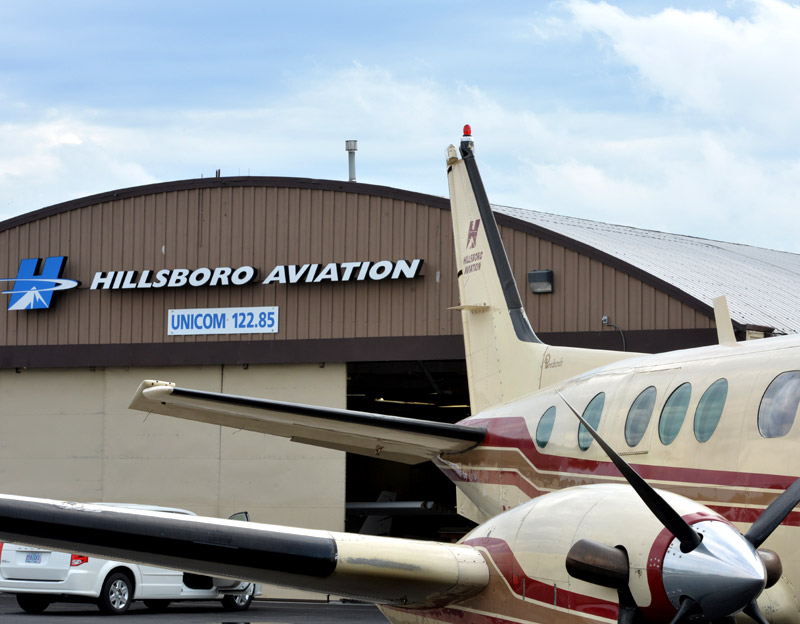
Pilot Services
Located on approximately 950 acres, the Hillsboro Airport features three runways, a Federal Aviation Administration (FAA) air traffic control tower, and an instrument landing system. We host more than 25 businesses, including local corporate and charter services, air ambulance transport, flight schools and other educational resources, and aircraft maintenance and repair operations.
Landing Fees
To maintain a high-quality general aviation program, we must be financially self-sufficient. Our four-part approach includes:
- Keeping costs low
- Charging fair fees
- Developing new revenue streams
- Developing non-airside land
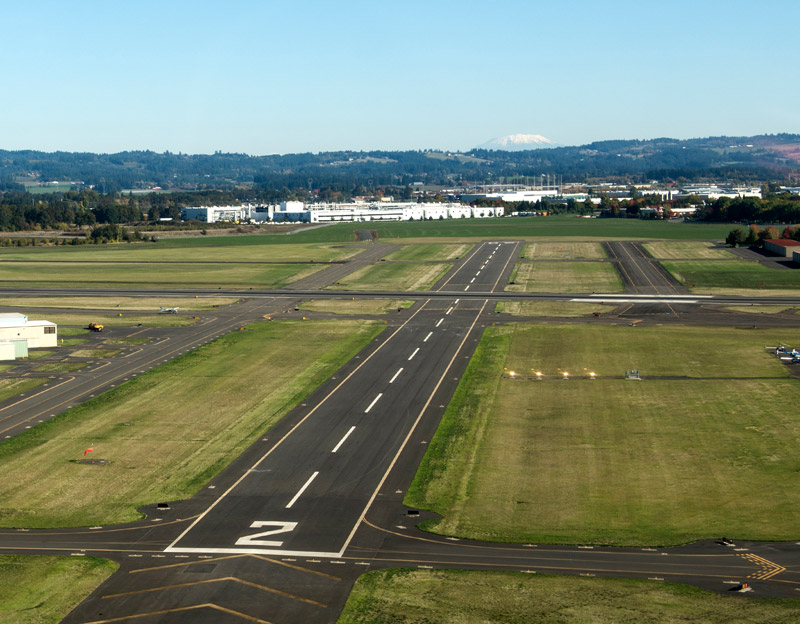
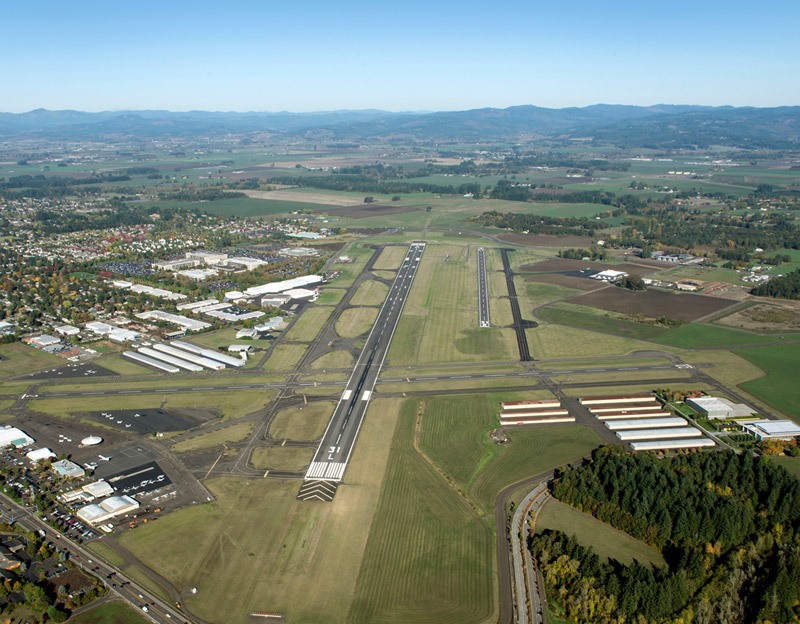
Current Master Plan
Approximately every decade, we collaborate with community members to develop a master plan for the Hillsboro Airport. The FAA approved the most recent Master Plan Update in 2020, which guides how we manage the airport’s growth and safety as we approach 2040.
Commercial Development
Nestled in a fast-growing city in the middle of Oregon’s silicon forest, the Hillsboro Airport offers developable land and available space with quick access to Highway 26.
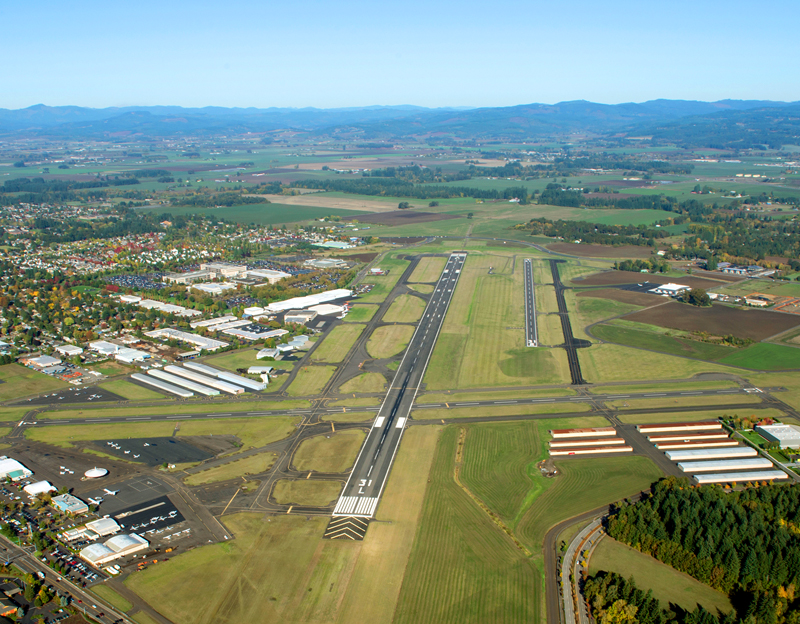
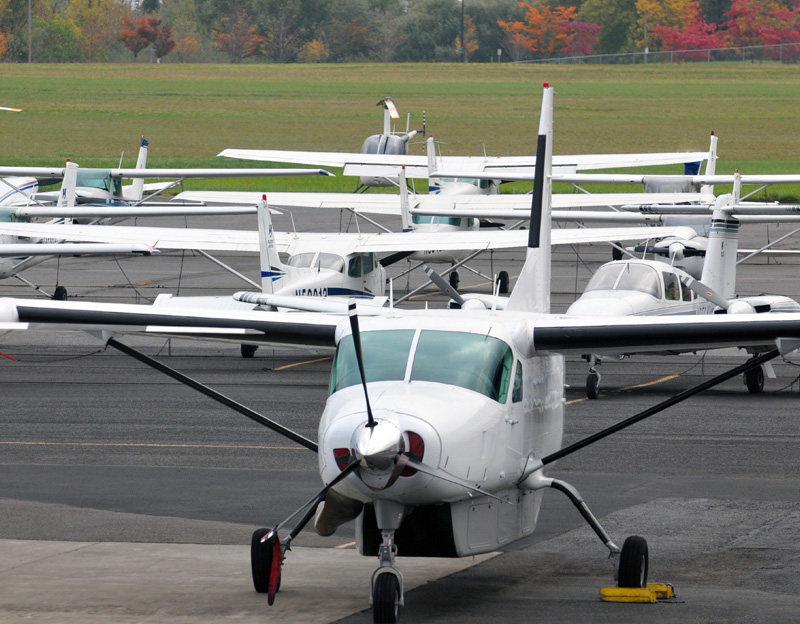
Lead-Free Fuel
As a partner in the FAA’s Eliminate Aviation Gasoline Lead Emissions (EAGLE) initiative, we’re helping build momentum for lead-free aviation fuel. Making this change is an essential part of our overall goal to reduce emissions and improve air quality.
Engagement
Being a good neighbor to our Hillsboro community is important to us. Throughout the year, we offer two public forums for community learning and feedback, host our annual block party at the airport, and participate in events across town. Check out our upcoming schedule to see where to find us next. We can’t wait to see you soon!
Check out our upcoming schedule to see where to find us next
